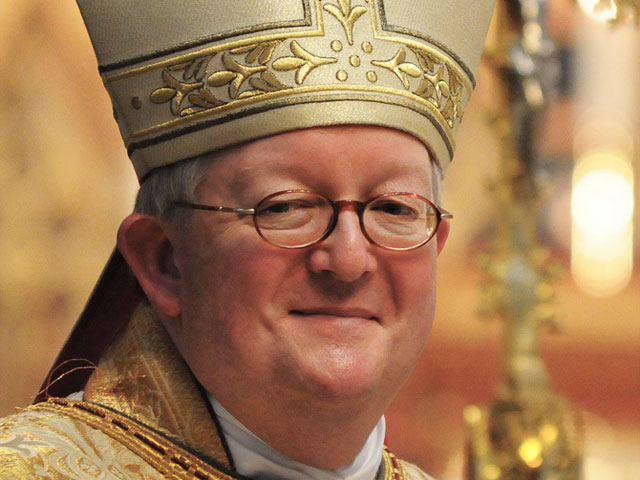Back in May, I noticed a curious decision by some media outlets to scare quote the term “religious liberty.” Religion News Service defended the use of the scare quotes. Contributor Mark Silk had one defense and editor Kevin Eckstrom had another, writing:
Mark makes a good point here. And I’m troubled by Mollie’s not-so-subtle implications. Mollie’s implying that we’re using scare quotes as a way of signaling our disagreement with the religious liberty cause. Not so.
We put “religious liberty” in not-scary quotes simply to signal to the reader that this is not a neutral term. As Mark pointed out, there’s vast disagreement about whether religious liberty or religious freedom is, in fact, under attack. Mollie may think so, and the Catholic bishops may think so, but that’s not enough. There are countless others on the other side who see this as a fight over contraception, or government mandates, or health care, or whatever else you want to call it.
If the headline had been “Activists gather to plot defense of religious liberty,” that would be equally loaded, because it would signal to the other side that we, too, share the idea that this is a fight over religious liberty. It’s not that we agree or disagree; it simply says that we’re not picking sides on this one.
So, Mollie, no, there is not universal agreement that this is a fight over religious liberty. That’s why we put it in quotes, to signal that this is their term, not ours, and not everyone else’s.
Smart readers wondered if this policy would be applied consistently for other debates.
I think we have an answer. From an RNS story this weekend about “Democrat Kyrsten Sinema, a former Arizona state senator, Mormon-turned-nontheist and a bisexual” who just won a seat to the U.S. House of Representatives, replacing outgoing Rep. Pete Stark as the only atheist in that body:
Sinema, 36, has much in common with Stark ideologically. Having previously served as both an Arizona state senator and representative, she has a long record of supporting women’s rights, marriage equality, gay rights and science education.
Marriage equality?
Marriage equality? Is there any journalistic defense of using this term in a non-propaganda sense? I get that this is the preferred advocacy term used by people who want marriage law changed to include same-sex couples or other groupings. This is the label of choice for people on one side of this debate. This is, to cite a debate from the past, movement language — like “pro-choice” or “pro-life.”
But what’s the journalistic defense for using this label, particularly sans scare quotes, in a hard-news article such as this? (I should mention that the article itself is quite interesting and written by RNS’ great reporter on the atheism beat.)
Would you say “marriage equality” is “their term, not ours, and not everyone else’s”? Of course. Would you describe this term as “neutral”? Of course not. So why the lack of scare quotes?
Live action scare quote image via Shutterstock.











